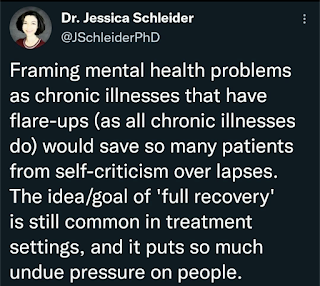Team, this weekend is going to be hard. It's Memorial Day weekend and our Facebook feeds will be full of pictures and tributes to those we've lost to combat and to suicide. And it is hard. I'm not here to force-feed you some rah-rah message about how life can change; I'm here to stand with you - because this weekend consistently sucks every single year and we need each other right now.
A lot of us will seriously consider suicide this weekend. And I get it. I wish I didn't, but I think we all do - and it's fucking awful to feel this way. Please do your buddy checks this weekend, and nag the shit out of the people you love. Please ask: "are you thinking of suicide right now?" - this doesn't glorify suicide or give anyone ideas, but it does get straight to the point, and this weekend especially that candor is important.
I've never met a combat Vet who lost more buddies to war than they did to suicide, and that's not okay. Rather than doing 22 push-ups, I encourage you to pick up the phone and call someone to check in.
If you learn that your battle buddy is in trouble, here's how to get help: call the Veterans Crisis Line at 1-800-273-8255 and Press 1 or send a text to 838255. You can text the crisis line while you are on the phone. Ask you buddy where they are located, who is with them, and whether or not they have a weapon. Pass this info on to the crisis line; they will send emergency services.
I know that no one wants to piss off their buddy, but no one wants another dead buddy either - so choose your battles. The single most loving thing anyone ever did for me personally was stage an all-out intervention; it saved my life.
Please consider sharing this info. Thanks, Team - stay safe out there.
*****
“If you believe change is possible, you want to change, and you are willing to do the work, you absolutely CAN get your life back.”
Get your copy of The Soldier's Guide to PTSD, The Soldier's Workbook,





